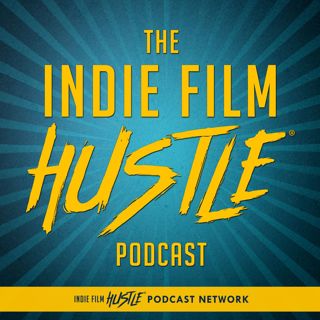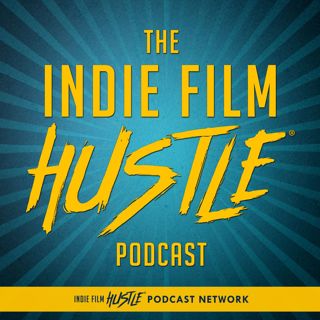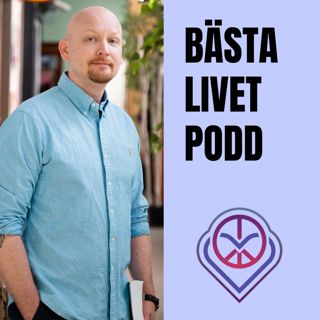
IFH 818: From Setbacks to Festival Wins: The Filmmaking Path of Dawn Fields
Dawn Fields is a Los Angeles-based producer, writer, and director whose journey through the film industry is marked by both struggle and triumph. Beginning her career as a production assistant in Atla...
2 Sep 20251h 30min

IFH 817: Crafting Stories Frame by Frame with Jason Love
In this episode, we welcome Jason Love, a multi-talented creator whose filmmaking journey began with nothing more than flip books and a VHS camcorder. What started as playful experiments soon grew int...
26 Aug 202557min

IFH 816: From Extras to Director’s Chair: The Filmmaking Journey of Rocky Costanzo
The journey of Rocky Costanzo is a testament to the raw, unpolished path of independent filmmaking. Beginning as an actor and extra on shows like The Wonder Years, he quickly discovered his true passi...
19 Aug 202552min

IFH 815: Lessons in Filmmaking, Failure, and Persistence with Greg Travis
In this episode, veteran actor and director Greg Travis dives into his decades-long filmmaking journey, culminating in the release of his once-abandoned 1984 feature Dark Seduction. Shot on 16mm black...
12 Aug 202554min

IFH 814: Why Your Script Still Isn’t Getting Read; And What to Do About It with Whitney Davis
In this episode, Whitney Davis, a seasoned literary manager and script consultant, breaks down the real-deal process of getting noticed in Hollywood—from landing a manager to crafting query letters th...
5 Aug 202549min

IFH 813: Building Films from Scratch: Mastering Microbudget Movie-Making with Evan Kidd
Evan Kidd is a passionate indie filmmaker who believes great stories don’t need big budgets—just big heart. In this episode, he shares how he created his feature film Son of Clowns using the resources...
29 Juli 20251h 2min

IFH 812: How Tremors turned into a Masterclass in Storytelling with S.S Wilson
In this episode, screenwriter and filmmaker S.S. Wilson shares the behind-the-scenes journey of creating the cult classic Tremors, revealing how creative limitations, meticulous story structure, and a...
22 Juli 202538min

IFH 811: How Pixar’s Story Secrets Can Transform Your Filmmaking Process with Brit Cruise
Brit Cruise—educator, filmmaker, and producer of Pixar in a Box—takes us on a journey through the fusion of storytelling, science, and education. From his early days editing videos with dual VCRs to h...
15 Juli 202552min






















